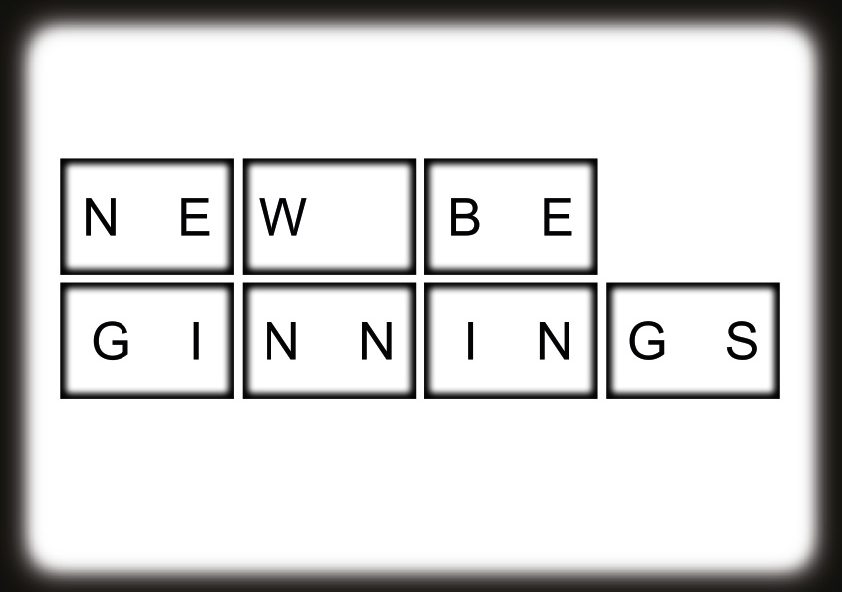- 01.08.2022
- News
Visual Culture Module 2022/23 – Infos
NEW BEGINNINGS
In a time increasingly characterised by conflict, catastrophe, and crisis – how do we imagine better futures? Layered and expanding systems of social inequity manifesting in various forms of discrimination, racist violence, climate change, and wealth disparity are producing what Mark Fisher refers to as a ‘malaise,’ a feeling that there is, and can be, ‘nothing new;’ That there may be ‘no alternative’ to the structural processes and ideological frameworks informing the crises shaping our world today.
The Visual Cultures Module for the Winter Term 2022/23 will concern the urgent theme of new beginnings. How can we theorise for new paradigms of world-making centred on equality and human rights? How can these theorisations be translated on concrete terms? Further, what do we consider the role of critique to be amidst the urgency of action and practice?
Situated between the discursive fields of architecture, contemporary art and theory, the module will create a structure for critical reflection, collaborative discussion, and material practice through seminars, reading groups, public lectures, workshops, and screenings. Each week will address a thread of critical theory which concerns the structural roots and repercussions of imbalance and inequity. Examples from art, architecture, and activism will be shared to discuss what to do with critique – supplanted by bi-weekly public programmes with renown thinkers and practitioners from around the world, each engaging with designing, curating, making, and imagining for better futures.
Students will be required to work both independently and collaboratively in an active and discursive atmosphere. With the support of department lecturers and tutors, each student will be asked to produce a ‘research file’ conceived throughout the course, which shows practice-based interpretations and reflections on the ideas raised throughout the module’s duration. Students will also be asked to work together to conceive of a final collective intervention, which could take the form of a group exhibition, spatialised group project, discursive conference, or public activity in a selected space in Vienna. This collective intervention will respond to the course’s guiding query, ‘how can we imagine and articulate new beginnings?
